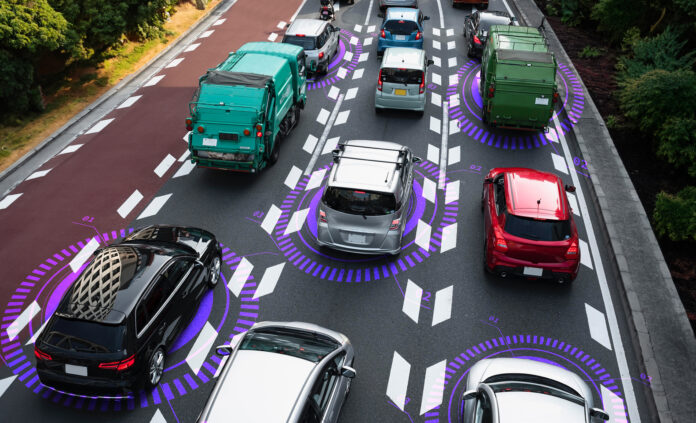“As our world increasingly embraces technology, the global market is witnessing the transformative emergence of artificial intelligence (AI). This cutting-edge technology is reshaping numerous sectors, with the automotive industry at the forefront of this revolution. Leading automotive manufacturers are integrating AI into their operations, leveraging its potential to gain a competitive edge, and offering customers unparalleled, personalized experiences. …
The integration of Artificial Intelligence (AI) in the automotive industry marks a transformative era, heralding significant improvements in safety, efficiency, cost savings, and the overall driving experience. From enhancing manufacturing processes and predictive maintenance to revolutionizing driver assistance systems and autonomous driving, AI is at the forefront of automotive innovation. Additionally, AI-driven marketing strategies and Customer Data Platforms (CDPs) are redefining how automotive companies engage with customers, offering personalized experiences that boost satisfaction and loyalty. As the industry continues to embrace AI, we can anticipate further advancements that will not only redefine mobility but also pave the way for smarter, safer, and more sustainable transportation solutions” (Oranim, 2024).
My capstone project is concerned with potential developments for vehicles that Honda doesn’t actually manufacture yet. This component of the project makes it imperative that part of my research looks into the future of car manufacturing and development. AI’s role in the car industry is fascinating because it impacts everything from marketing and selling a car to its manufacturing and maintenance.
AI is a powerful tool in the automotive industry because of its ability to collect, synthesize, and utilize large amounts of data to allow a more personalized buying and driving experience. When selling a car, the implementation of AI allows for better customer targeting and for dealerships to get leads on potential clients. At the dealership level, AI also allows for enhanced inventory tracking and local market insights. On the backend, AI allows car manufacturers to find spots for redesign and optimization – this is especially true with self-driving cars.
In cars that are already on the market, AI has made drastic changes that have set the standard for driver expectations. For example, AI allows cars to make suggestions for preventative maintenance which is vital in maintaining the integrity of the vehicle. Additionally, implementation of AI into vehicles has allowed for customization of the driver experience. Collected data allows cars to make recommendations on driving routes and stops while also refining voice recognition and hands-free controls.
References
Oranim, R., (2024). The Impact and Benefits of AI in the Automotive Industry. Fullpath. https://www.fullpath.com/blog/the-impact-and-benefits-of-ai-in-the-automotive-industry/
Oranim, R., (2024). Cars on a Road with AI Graphics [Photograph]. Fullpath. https://www.fullpath.com/blog/the-impact-and-benefits-of-ai-in-the-automotive-industry/




